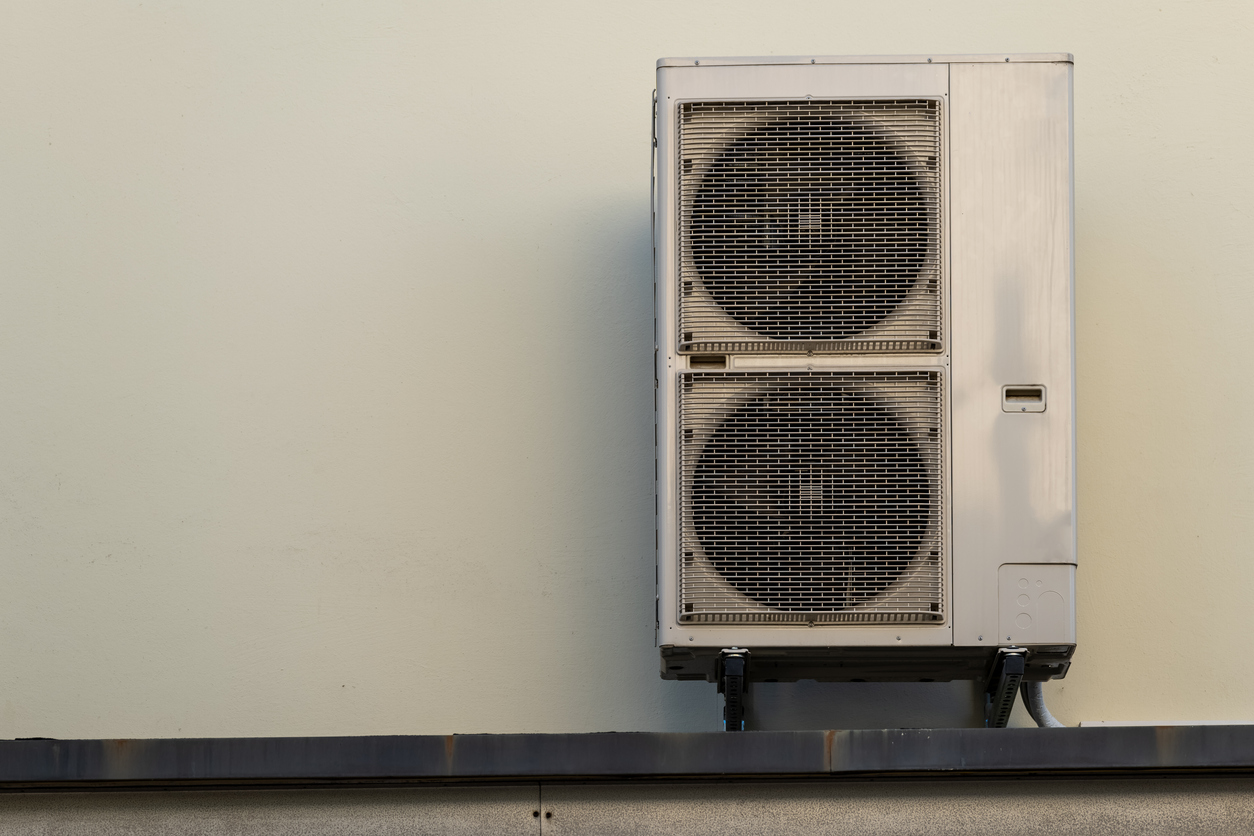Types of Furnaces
Furnaces play a vital role in heating our living spaces, and with various types available, understanding their differences can help homeowners make informed choices. If you’re thinking of upgrading your home’s heating system but aren’t sure which kind of furnace you want to install, take a look through our comprehensive guide before booking a consultation appointment with one of our home comfort advisors!
Common Furnace Types
There are various kinds of furnaces that are frequently used to heat houses. The primary types are as follows:
1. Gas-powered furnaces:
· Description: The fuel source for gas furnaces is either propane or natural gas. They burn the gas in a combustion chamber, and air ducts are used to disperse the heat generated throughout a home.
· Benefits: Gas furnaces are well-known for being cost-effective and efficient. They are capable of producing strong, rapid heating even in the coldest climates.
· Things to think about: If you don’t already have a natural gas line in your home, installing a gas furnace may be more expensive than installing a furnace that is already compatible with your home.
2. Electrical furnaces:
· Description: The heat produced by electric resistance is used by electric furnaces. Warm air is produced by electric elements and is then blown throughout the house by a blower connected to your air ducts.
· Benefits: Electric furnaces have the benefit of being easier to install and have more basic designs. They are appropriate for locations without easy access to natural gas.
· Things to think about: In areas with high costs for electricity, in particular, operating expenses may be greater. That said, these types of furnaces are suitable for areas with milder climates.
3. Dual fuel system:
· Description: Heat pump and gas furnace functions are combined to create a dual-fuel or hybrid system. Based on performance and outside temperatures, they alternate between the two to ensure optimal energy efficiency ratings for homeowners.
· Benefits: These systems are adaptable and have the ability to adjust energy efficiency according to climate conditions.
· Things to think about: Dual systems are more difficult and expensive to install.
Climate, fuel availability, and system efficiency should all be taken into account when selecting a furnace type. To find the best solution for your unique requirements and situation, it’s always best to speak with a professional HVAC company in your area.
Factors Affecting Efficiency
A furnace’s efficiency is affected by a number of variables, and it is essential to recognize these aspects in order to maximize heating efficiency and reduce energy usage. Here’s a closer look:
· AFUE rating: The Annual Fuel Utilization Efficiency, or AFUE, rating indicates how well a furnace uses fuel to produce heat over the course of the winter season. A higher AFUE number indicates greater efficiency.
· Appropriate sizing: Inefficient furnaces can occur from being either too big or too small for the area they are heating. To ensure that the furnace runs at its optimum efficiency, it needs to be correctly sized for the space.
· Frequent maintenance: To keep a furnace running well, regular maintenance is essential. A well-maintained furnace can operate at peak efficiency and has a lower chance of malfunctions.
· Condition of your home’s ductwork: Heat loss can occur through leaks, gaps, or poorly insulated ducts, which allow warm air to escape before it reaches the living areas. Ensuring that warm air reaches its intended location by ensuring your air ducts are correctly sealed.
· Insulation quality in your home: A home’s overall insulation levels have a big impact on how efficiently a furnace operates. A house with adequate insulation and sealing keeps the heat longer and requires less effort from the furnace.
Choosing the Right Furnace
Now that you know what the different types of furnaces are and what affects their energy efficiency ratings are, how exactly are you supposed to choose the suitable unit for your home? Here are some things to consider:
· Heating capacity: Based on elements like square footage, insulation, and climate, get a professional load calculation to choose the appropriate furnace size for your house.
· AFUE rating: Look for ENERGY STAR-certified and higher AFUE furnaces for maximum efficiency and possible long-term savings.
· Fuel type: Pick a cost-effective and easily accessible fuel source for your needs.
· Costs: To find a balance between efficiency and cost-effectiveness, weigh the up-front, ongoing, and possible long-term savings.
· Installation requirements: Make sure your residence can handle any special ductwork or venting modifications that need to be done.
· Professional installation: To guarantee accuracy, safety, and compliance with manufacturer requirements, hire a licensed HVAC specialist to perform the installation correctly.
By carefully evaluating these elements and seeking advice from HVAC specialists, you can select a furnace that fulfills your unique requirements and offers dependable and effective home heating.
It’s important to remember that installing a furnace in your home is a complex task that should only ever be performed by a professional and experienced HVAC company. Therefore, before settling on a company that you want to partner with, make sure the company has the correct qualifications, a track record of success, and a good reputation, according to their previous clients. This can help you ensure your furnace installation runs smoothly from start to finish.
Contact Limcan Certified Today
As you can see, picking the right furnace for your home isn’t as straightforward as it may appear to be, which is why it’s essential you partner with a professional HVAC company that can help guide you through the installation process.
If you’re in the market for a new furnace, book a consultation appointment with the professional home comfort advisor team at Limcan Certified to learn more about our current discounts and financing options that can help you save big on your new purchase! All consultations include a complimentary new system purchase quote as well.
If you live in Oshawa, Ajax, Port Perry, Pickering, Bowmanville, Uxbridge, Peterborough, or the surrounding neighbourhoods, book a consultation appointment with us over the phone or use our online booking form.





